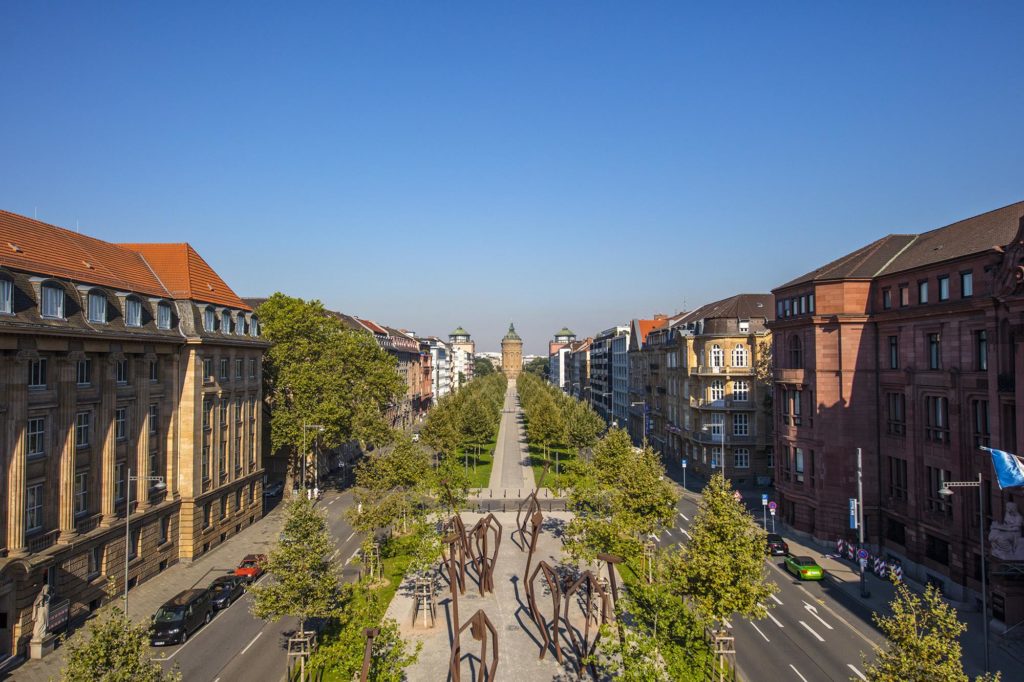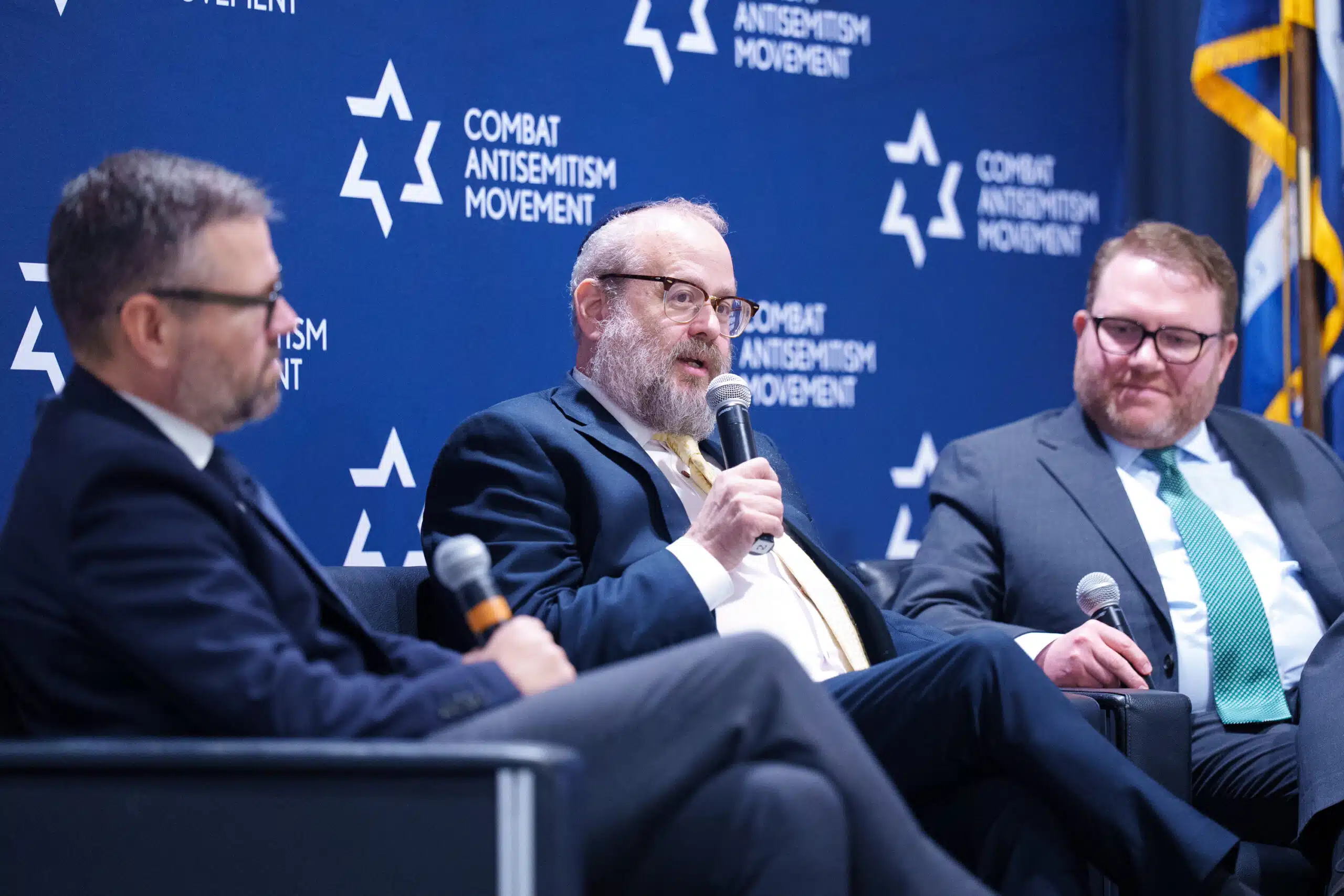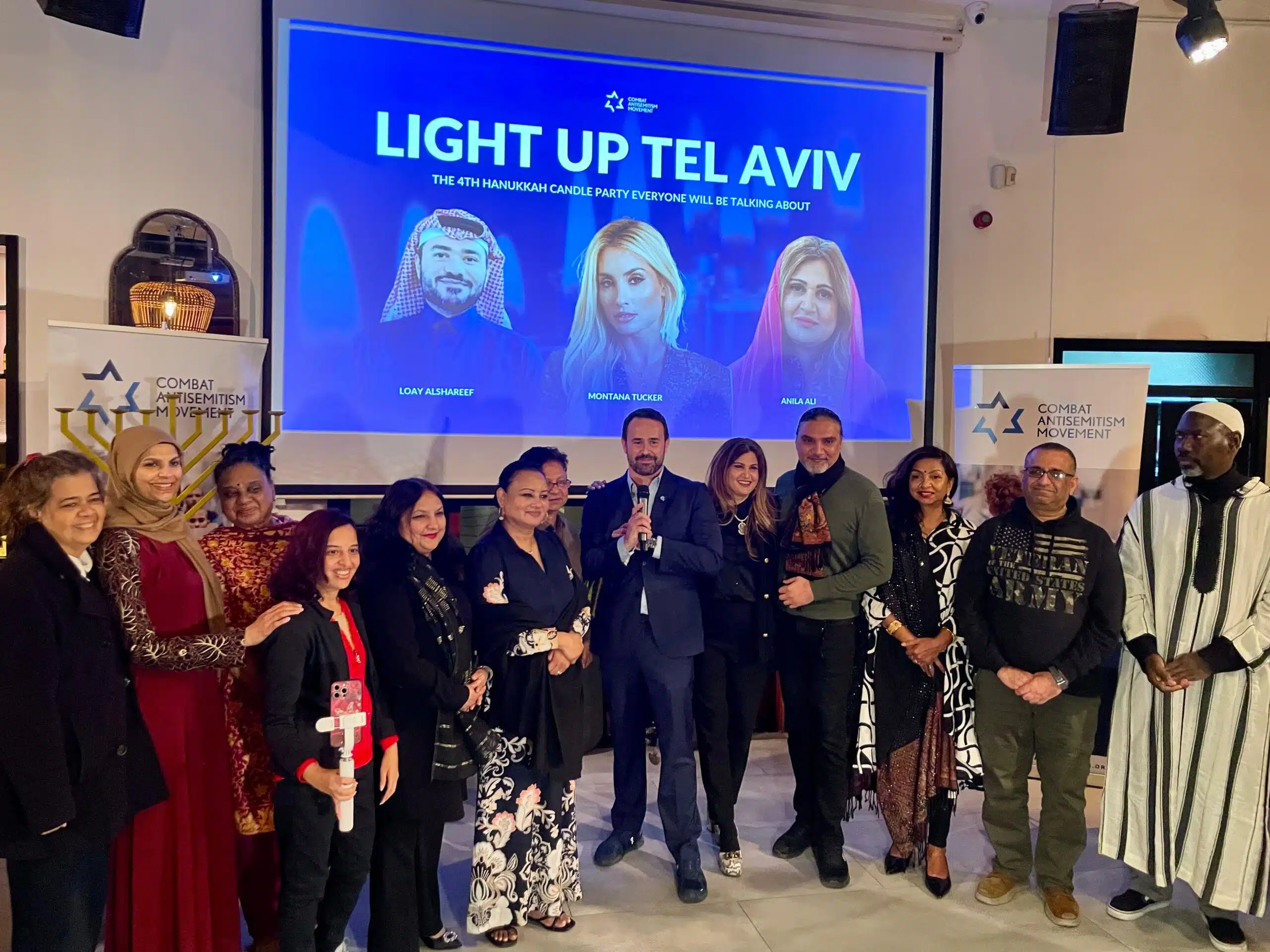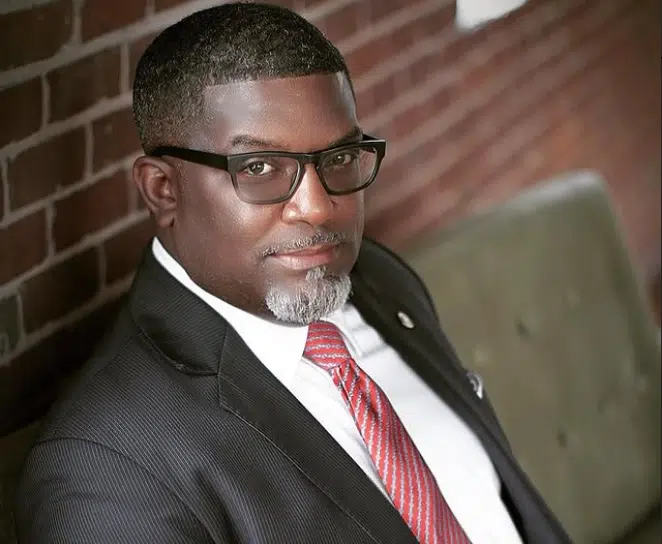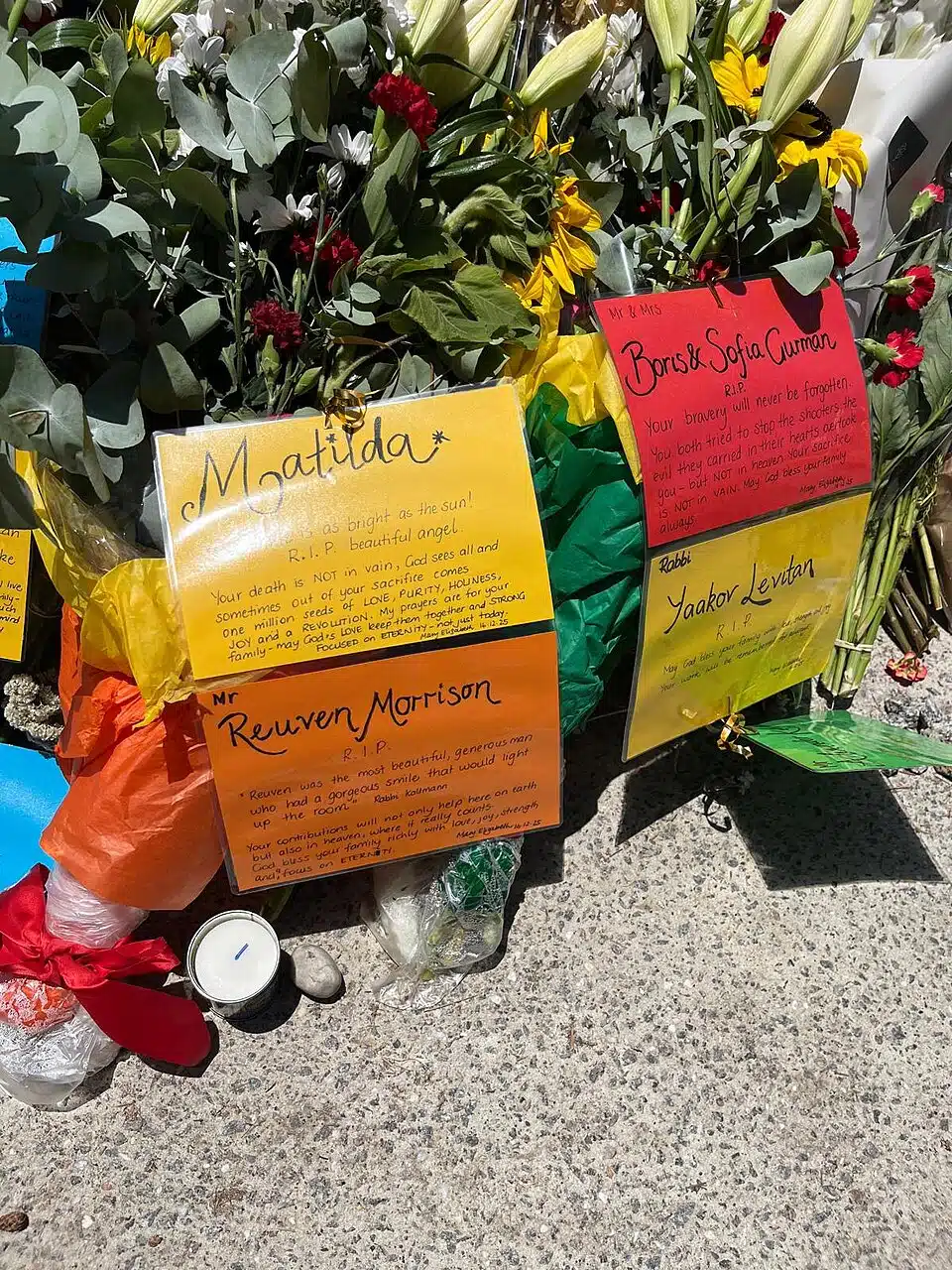
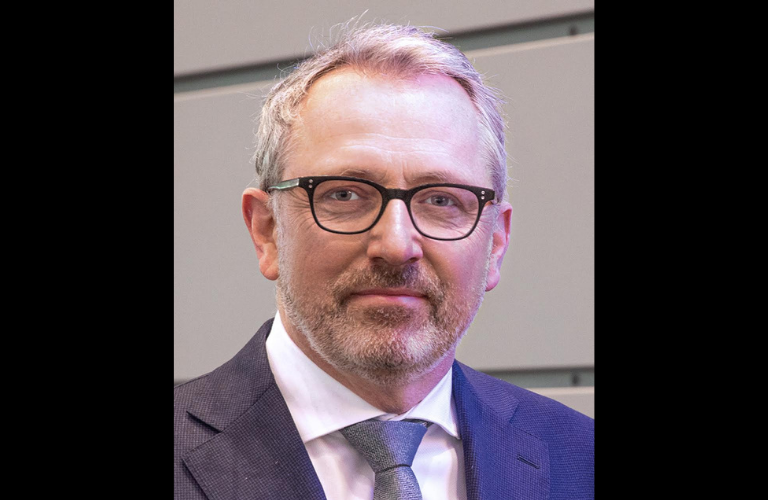
‘We Are Seeing a Rise in Relativization of the Holocaust’ – Mayor of German City of Mannheim Speaks Out Against Antisemitism
Peter Kurz, the lord mayor of Mannheim, Germany, has made a point to support the city’s Jewish community at a time where antisemitism is on the rise around the globe. In response to recent events in the Middle East, German Jews are facing an increase in both violent and verbal antisemitic attacks. CAM spoke to Lord Mayor Kurz for his perspective on Jewish history in Germany, the importance of protecting the Jewish community and fighting Holocaust denial, and the responsibilities mayors have to promote religious freedom and tolerance.
CAM: Can you tell us more about Jewish history in Mannheim and why it is important to preserve this history today?
Mannheim has been home to people of different backgrounds and religions since its founding in the 17th century. Although Jews could practice their faith and do business in Mannheim from the outset (which was not the case everywhere in Germany), they did not formally become equal citizens until the 19th century. The largest Jewish community in Germany’s Baden region has lived in Mannheim since this time.
For centuries, Jewish residents have played a decisive role in the social, cultural, and economic life of the thriving industrial and commercial city. One visible sign of this development is Jewish residents’ contributions to culture and science. At the beginning of the 20th century, the merchant and city councilor Bernhard Herschel sponsored the construction of a public swimming pool. Today, the Herschelbad [swimming pool], named after its benefactor, is still an important Mannheim institution. During the Weimar Republic, three of the four main leaders of the democratic parties in the city council were Jewish. Otto Selz was president of the business school Mannheim, the most important business school in Germany today. Henry Morgenthau Sr., the U.S. ambassador in Constantinople during World War I, was born in Mannheim and moved to New York City at the age of ten with his parents.
Street names and memorial plaques remind Mannheimers daily of the contributions Jewish residents have made to the development of the community. However, they also serve as reminders of the systematic plunder of property, exclusion, and murder of Mannheim’s Jews during the Nazi Era.
Mannheim’s Jewish history is preserved by many, including municipal institutions like the MARCHIVUM, the city’s archive. This historical memory is not limited to the past, it serves as a mission for the present and the future of the city, enriching our entire urban society.
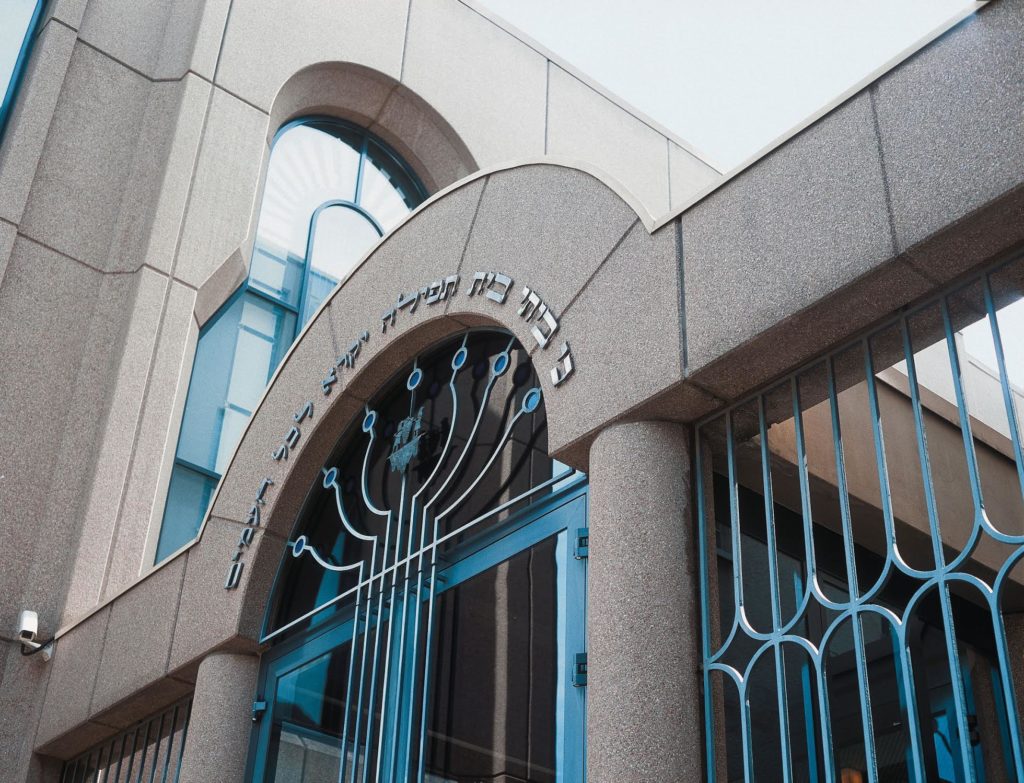
CAM: As mayor, what is your role in fostering positive interfaith relations?
As I mentioned, diversity – including religious diversity – has been a characteristic of the City of Mannheim since its founding. In contrast to other German cities established at the same time, no “Jewish quarter” developed in Mannheim. Rather, a late 17th-century map of the city, laid out in squares, clearly shows the ethnic and religious mix of the city’s streets.
We can also see this religious tolerance in a more recent example. When the first Muslim community planned to build a large, representative mosque in the early 1990s, both the Christian churches and the Jewish community in the city supported this project – despite criticism from some citizens. As a result, Germany’s largest mosque at the time was inaugurated in 1995. The magnificent chandelier in the prayer room, which seats around 2,000 worshipers, was a gift from the Jewish and Christian religious communities.
After the opening of the mosque, the city administration supported several projects to address the reservations some citizens had about Islam, which had become apparent in the run-up to the construction of the mosque. For example, the Forum of Religions was founded to promote dialogue between the three major Abrahamic religions. As mayor, I engage actively with the Forum to promote religious tolerance.
One initiative that emerged from this exchange between the city administration and the Forum is the Abraham Challenge Cup for Mannheim schools. Each year a local school implements projects on interreligious dialogue, which students present in a public ceremony. The students then hand the cup over to another school, which will take up the topic the following year.
The Jewish-Muslim relationship in our city was put to the test by the failure of peace efforts in the Middle East conflict in the early 2000s. An anti-Israel demonstration shook the confidence of the Jewish community in Mannheim. The city administration convened a round table, which resulted in a mutual pledge of the Jewish and Muslim communities to stand together against any form of hatred, especially violence. They also agreed to mediate differences exclusively through open dialogue. This mutual self-commitment was signed by the religious communities and other institutions as the “Mannheim Declaration of Tolerance.”
This document, which arose from an interreligious conflict, later provided the impetus for a city-wide public participation process. Around one hundred institutions came together to formulate a vision for respectful coexistence that values the diversity of the city. The “Mannheim Declaration for Living Together in Diversity,” which was also adopted by the Mannheim City Council, has now been signed by more than 300 institutions as a voluntary commitment – first and foremost by the different religious communities in our city.
CAM: As mayor, what is your role in protecting the Jewish community in Mannheim in terms of security and religious freedom?
First, it is important to note that security and freedom of religious and ideological expression, which is protected in Germany by the constitution, are directly interlinked. Article 4 of our Basic Law (Grundgesetz) states that the undisturbed practice of religion is guaranteed.
However, Jewish institutions in Germany still require special protection today. This applies to synagogues, but also to Jewish schools and preschools. The police, which in Germany are the responsibility of the federal states, are in close contact with the Mannheim Synagogue in order to protect the institution. Events in public spaces, such as the annual commemoration of the deportation of Mannheim’s Jewish citizens by the Nazis, are also protected by state police.
Beyond this protection, it is an important task of the city of Mannheim, the state police, and also civil society, to promote projects and take measures that seek to prevent extremist and anti-human attitudes (especially anti-Semitic attitudes). Finally, the city has a “Prevention Association” that works to reduce crime. This association supports a variety of efforts, including theater programs, to reduce right-wing extremism, especially in schools.
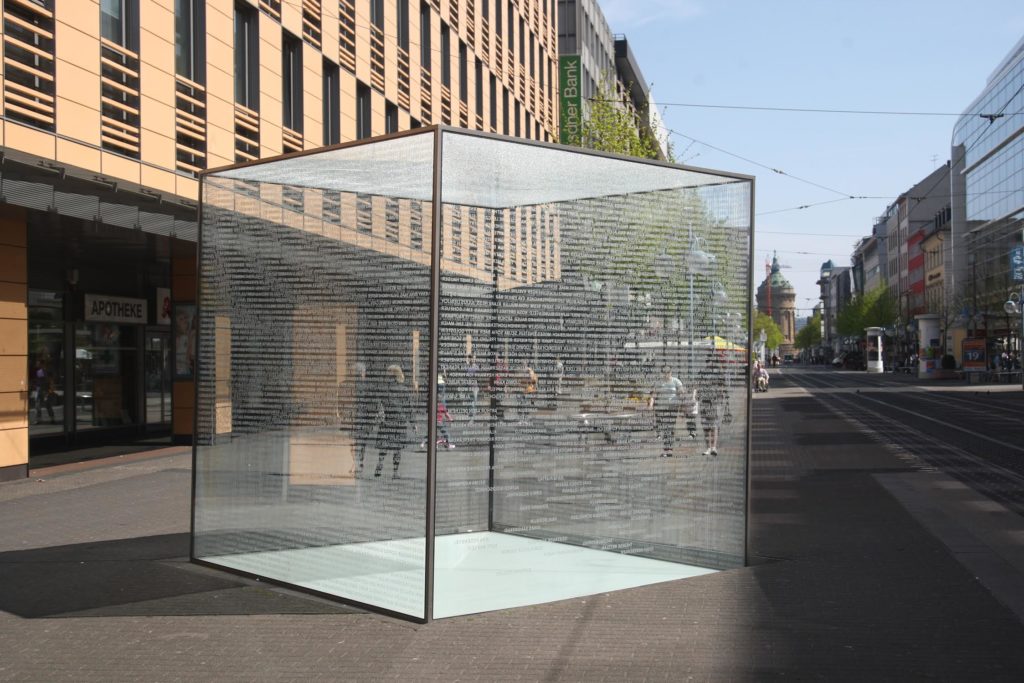
CAM: Do you think antisemitism is a significant problem in Germany today? If so, what are some of the principal forms of antisemitism?
In Germany — and across Europe — there has been an alarming rise in antisemitism. The German police recorded 2,275 antisemitic crimes, including 55 violent crimes, in 2020. This is the highest number reported since a monitoring system was established in 2001.
We have witnessed several horrific attacks across Europe in recent years, including the murder of two people outside of a synagogue in Halle, Germany in 2019.
More insidious forms of antisemitism are also flourishing, especially on the internet. There has been a rise in the spread of misinformation, conspiracy theories, and antisemitic images, especially in response to the pandemic. Disturbingly, reports have shown that some German police officers — the very people charged with protecting citizens’ safety — shared antisemitic images and messages in online chats.
Finally, we are seeing a rise in relativization of the Holocaust. A small but vocal group of Germans have drawn comparison between public health measures like lockdowns and vaccinations with the Nazi persecution of the Jews.
Antisemitism is never acceptable, but in Germany, it is particularly reprehensible given our dark history. As Germans, we have a responsibility to remember the perils of antisemitism and the horrors of the Holocaust.
CAM: What advice do you have for mayors in Germany, Europe, and elsewhere who want to prevent antisemitism and other types of discrimination in their cities?
Living together without discrimination and in solidarity is one of the city’s seven strategic goals, outlined in the mission statement “Mannheim 2030.” Mannheim is an increasingly diverse urban society — not only with regard to religion. We see three aspects as key to achieving this strategic goal.
First, there is a need for better understanding of our common values, which are essential for our coexistence and cohesion across differences. As I mentioned earlier, several hundred partners, from non-profits to large companies and football clubs, have committed to this by signing and implementing the “Mannheim Declaration for Living Together in Diversity.”
Second, there is a need for processes, places, and opportunities for meeting and working together in diversity. We are establishing funding programs, both network structures and concrete diversity cooperation, in which very different forms of cooperation can be realized. The aim is always to gain new or different perspectives for those involved, which increases the constructive handling of differences in our urban society.
Third, it is essential to involve those milieus and social groups for whom social participation is not readily possible for various reasons. Through neighborhood and social space-specific approaches, we in Mannheim are trying to systematically make sure that groups that are not always seen in the political-public sphere are more visible.
The City of Mannheim supports the implementation of this strategy by funding a variety of structures and measures, such as the Mannheim Anti-Discrimination Office, the Mannheim Institute for Integration and Interreligious Work, and the Intercultural House Mannheim. In addition to the city’s acquisition of third-party funds, the City Council has also agreed to a municipal “Action Fund for Civil Society Commitment against Right-Wing Extremism, anti-Semitism, hostility towards Sinti and Roma, and Islamophobia,” through which about a dozen innovative projects are supported annually.
The binding agreement on a jointly shared “code of conduct,” as written in the Mannheim Declaration, is an effective counterweight against an increasingly polarized social discourse. Religious groups and civil society have demonstrated a willingness to engage in dialogue in cases of misunderstanding and conflicting interests, with the goal of developing mutual understanding. This is the only culture of conflict appropriate in a liberal democratic society. Any mayor hoping to address discrimination and prejudice should work to enable this type of open dialogue.
